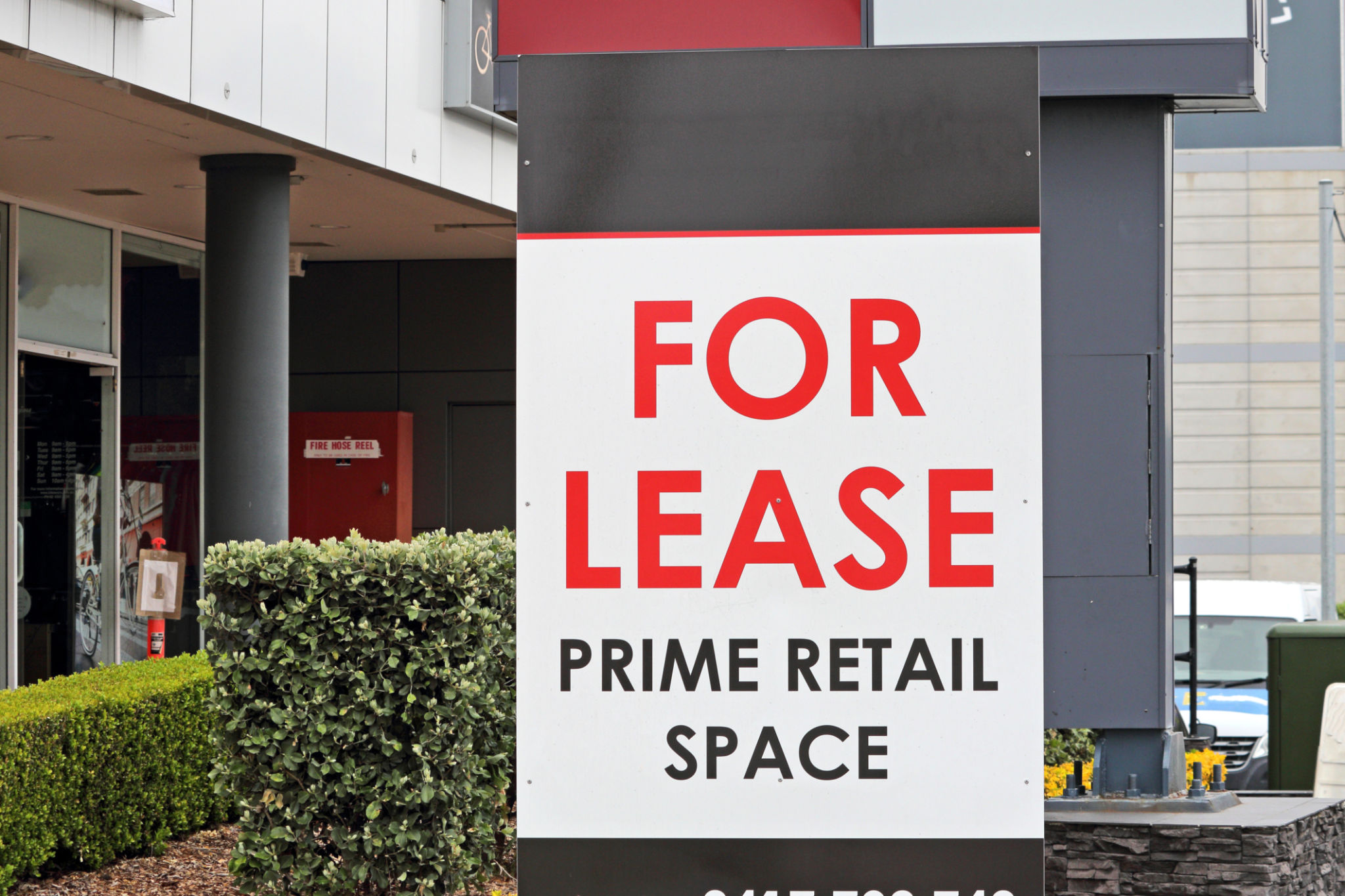The Future of Corporate Housing: Trends Shaping the Industry
HF
Embracing Technology in Corporate Housing
The corporate housing industry is experiencing a transformation driven by technological advancements. As businesses strive for efficiency, the integration of smart technology within corporate accommodations is becoming increasingly common. From smart locks and thermostats to voice-controlled assistants, these innovations enhance convenience and security for both tenants and property managers.
Moreover, virtual reality (VR) and augmented reality (AR) are making waves in the way properties are showcased. Potential tenants can now take virtual tours of properties from anywhere in the world, allowing for more informed decision-making. This technology not only saves time but also reduces travel costs associated with property viewings.

Rise of Sustainable Practices
Environmental consciousness is another trend reshaping corporate housing. Many companies and tenants now prioritize eco-friendly accommodations that minimize carbon footprints. As a result, properties featuring sustainable building materials, energy-efficient appliances, and solar panels are in high demand.
In addition to the physical aspects of properties, sustainable practices extend to operational procedures. Property managers are increasingly adopting paperless billing, recycling programs, and water-saving initiatives. These efforts not only attract environmentally conscious tenants but also contribute to long-term cost savings.

Customization and Personalization
Today's corporate travelers expect more than just a place to stay; they seek personalized experiences that cater to their unique needs. The future of corporate housing involves offering customizable options, from furniture preferences to on-demand amenities.
This trend is driven by the desire for comfort and convenience akin to home living. By providing tailored services, housing providers can differentiate themselves in a competitive market and increase tenant satisfaction.
Flexible Leasing Options
The traditional long-term lease model is being challenged by the demand for flexibility. With the rise of remote work and digital nomadism, professionals often require short-term housing solutions that accommodate their dynamic lifestyles. Corporate housing providers are responding by offering flexible lease terms, allowing tenants to choose stays ranging from a few weeks to several months.
This flexibility not only attracts a wider audience but also ensures higher occupancy rates, as properties can adapt to fluctuating tenant needs without the constraints of long-term commitments.

The Integration of Co-Living Spaces
Co-living spaces are gaining traction as an innovative approach within the corporate housing sector. These spaces offer shared living arrangements that foster community and collaboration among residents. Particularly appealing to younger professionals, co-living environments strike a balance between privacy and social interaction.
By integrating co-living options, corporate housing providers can tap into a growing market segment while promoting a sense of community. This model is especially beneficial for companies looking to accommodate multiple employees in a single location, enhancing team cohesion and reducing costs.
Data-Driven Decision Making
The role of data analytics in corporate housing cannot be overstated. By leveraging data insights, property managers can make informed decisions regarding pricing strategies, tenant preferences, and operational efficiencies. Predictive analytics enable providers to anticipate market trends and adjust offerings accordingly.
Furthermore, data-driven approaches facilitate better tenant experiences through personalized recommendations and proactive issue resolution. As technology evolves, the ability to harness data effectively will become a competitive advantage in the industry.

Enhanced Safety and Security Measures
In an era where safety is paramount, corporate housing providers are implementing advanced security measures to protect tenants and properties. This includes the installation of surveillance cameras, access control systems, and emergency response protocols.
Moreover, the integration of contactless technologies has become essential in ensuring safety. From touchless check-ins to remote property management, these innovations minimize physical interactions while maintaining high levels of security and convenience for tenants.
The Future Ahead
The corporate housing industry is on the brink of significant evolution as it adapts to emerging trends and technologies. By prioritizing sustainability, flexibility, personalization, and safety, providers can meet the changing demands of modern travelers.
As we look ahead, the continued focus on innovation and tenant experience will define the success of corporate housing in the years to come. By embracing these changes, the industry is poised for growth and resilience in an ever-evolving landscape.
